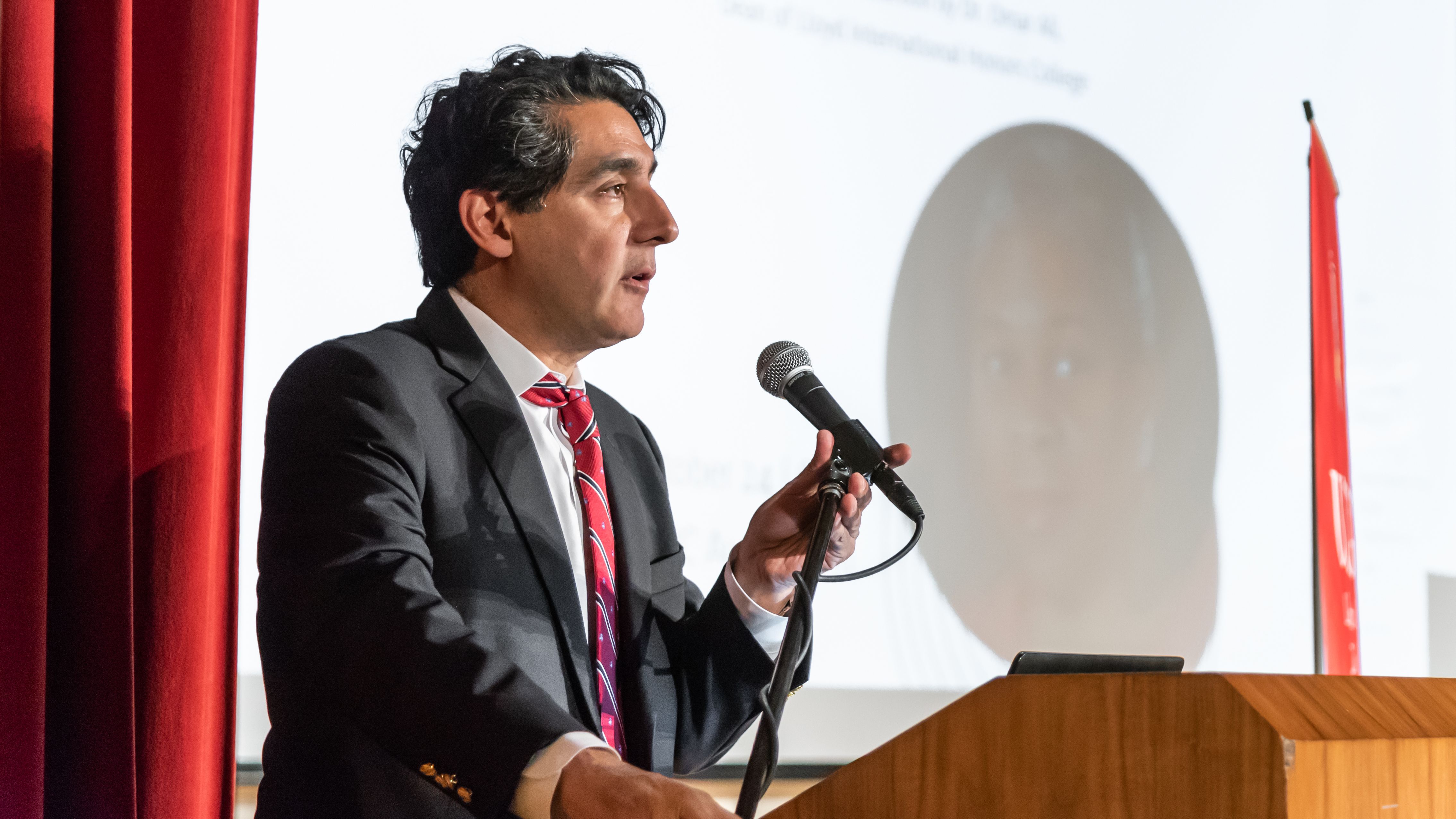In the new afterword of Dr. Omar Ali’s book, “In the Balance of Power: Independent Black Politics and Third Party Movements in the U.S.,” Jacqueline Salit calls out the damage partisanship has done to American politics and American political culture.
“Today there is also a profound weakening of governing and political institutions, of parties and ideology and public trust,” writes Salit, who was a major figure in the groundbreaking 1988 campaign of Dr. Lenora Fulani, the first woman and Black person to get on the ballot in all 50 states as a presidential candidate.
“The consent of the governed is slipping away. While the stranglehold of party loyalty is at an apex, the public desire for political freedom, for choice, for mobility, and for development among ordinary Americans is spreading.”
Ohio University Press, which published the first edition of Ali’s book in 2008, requested an updated second edition for this fall.
Ali, a historian of the global African diaspora, has been thinking a lot about political culture lately, and how it shapes and constrains our politics.
American political culture “is fundamentally based on a bipartisan system,” he says, and “driven by ideology.”
How we discuss societal problems, as well as how political – and then policy – responses are formulated to those problems, is shaped by that culture. If you’ve ever had a Facebook discussion thread descend into partisan trash talking, you’ve seen this dynamic in action.
“We’re made insane in this country, suspicious of differences, and closed-minded,” Ali says. “The cure to that is creating new ways of being with each other, by being open and curious.”
Many people are open to finding a new way to talk with each other about issues we face, he says, especially those among the roughly 43% of voters who identify as independents. “Independents tend to be less driven by knee-jerk partisanship, which keeps people divided.”
Ali’s book explores the history of Black and independent alliances in America, which date as far back as the 1840s, when the abolitionist Liberty Party arose as part of the anti-slavery movement.
Those alliances still matter today.
After George Floyd’s death at the hands of Minneapolis police officers in May, Black Lives Matter demonstrators demanded reforms in Minneapolis and in scores of cities, under both Democratic and Republican leadership.
This year – seven years after the Black Lives Matter movement began – African American protesters were joined in those demands by many other people of color and White people. Even large corporations spoke out against racial injustice.
In the new edition, Ali documents how, just as in the past, these independent Black activists are finding themselves driving political and policy change. City councils from Austin, Texas, to Asheville, North Carolina, have reorganized policing and community services budgets. The deaths of Black people at the hands of police became a subject in the presidential campaign.
“If you look at any piece of legislation, you have to go back at least 20 years prior, to the movement-building efforts that led to the shifting of the culture, and the pressures that were mounted from the outside, to have people on the inside – elected officials – make changes to the law,” Ali says. “African Americans, and Black independents in particular, have been at the forefront of every major reform movement in the nation’s history leading to progressive changes.”
Background image: A 2014 protest in Chicago decrying police brutality against Black Americans.


